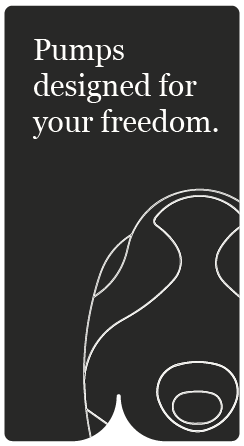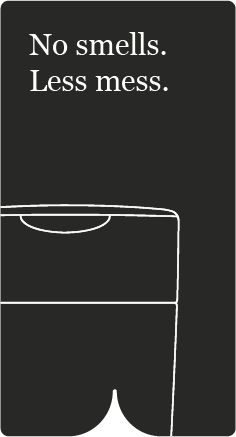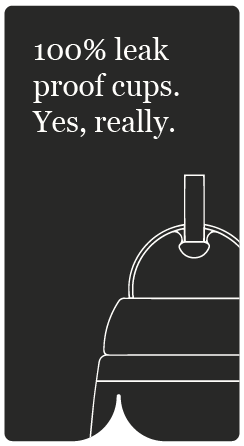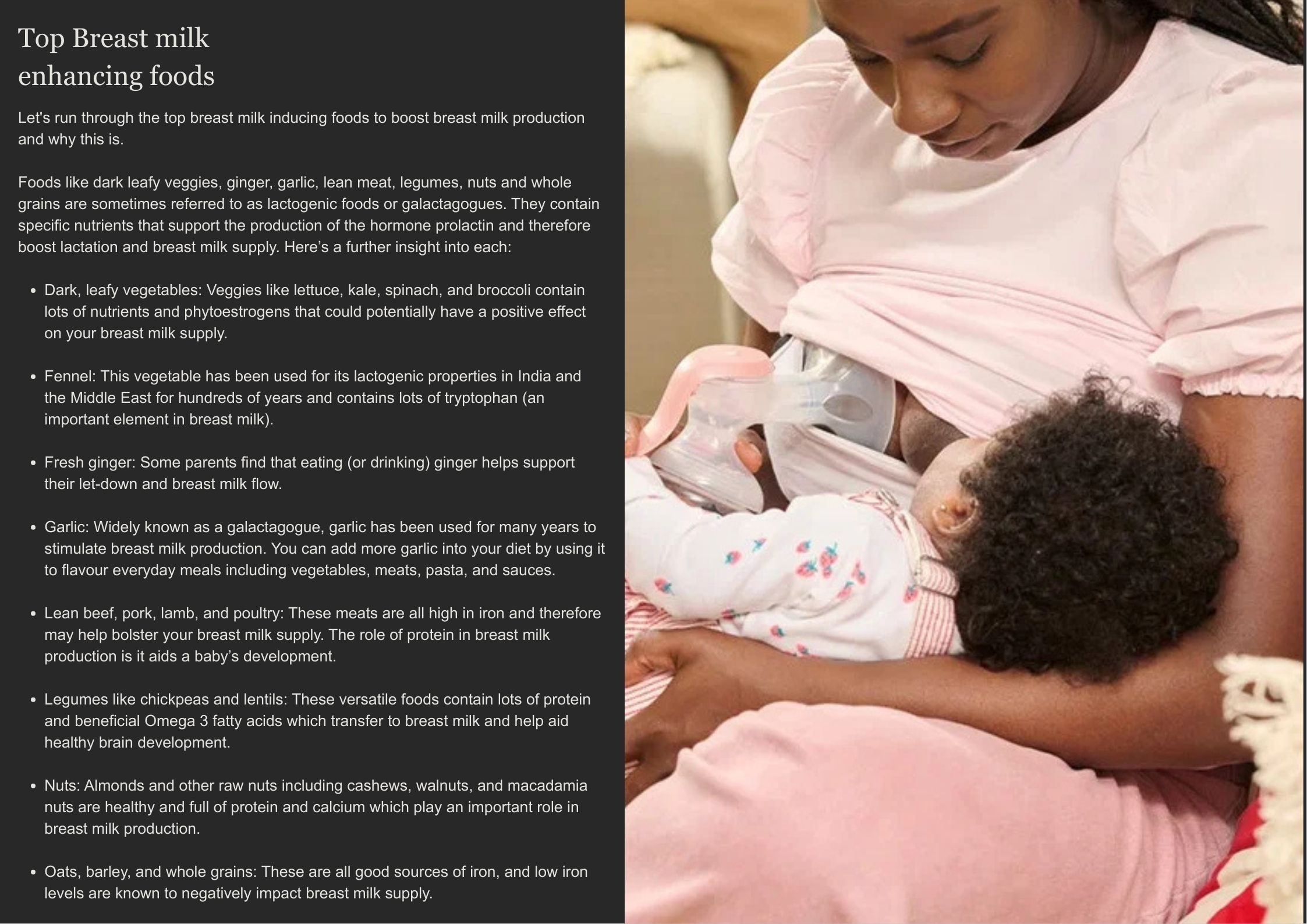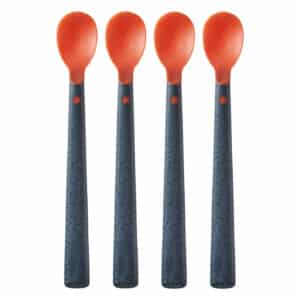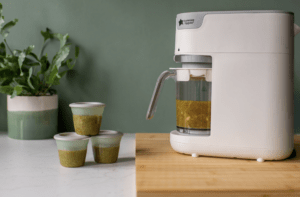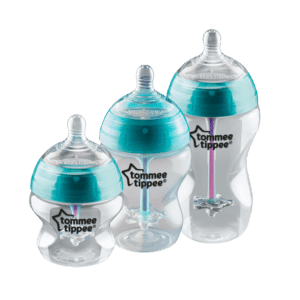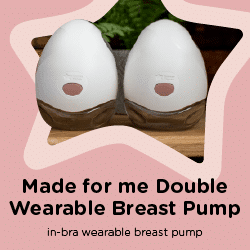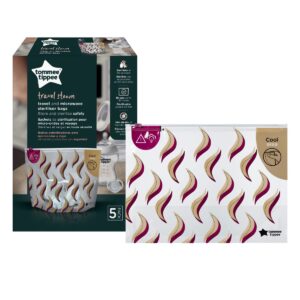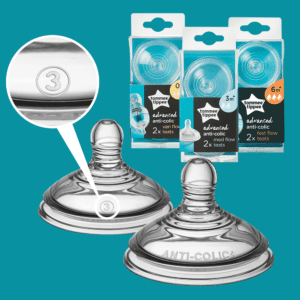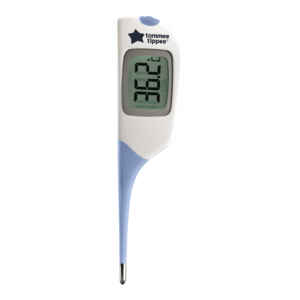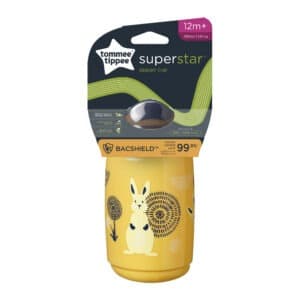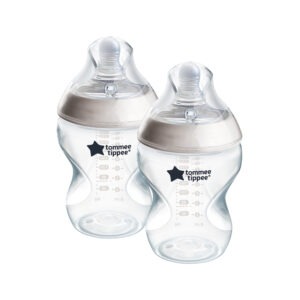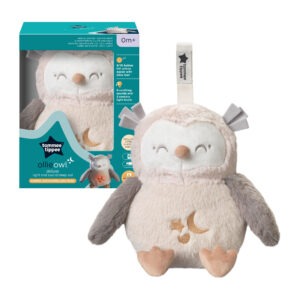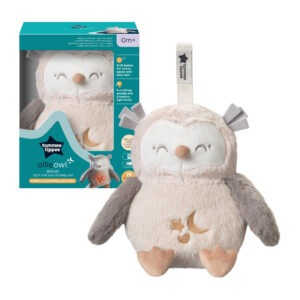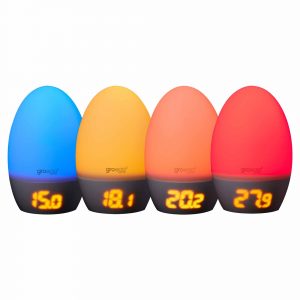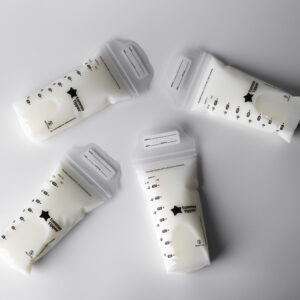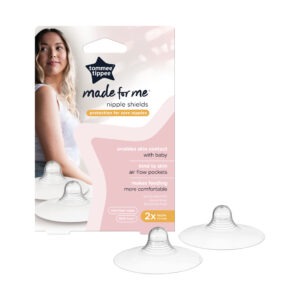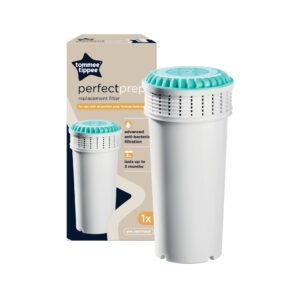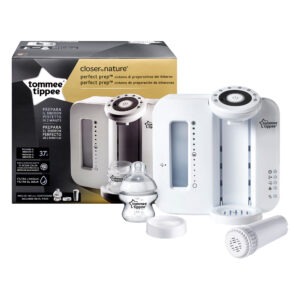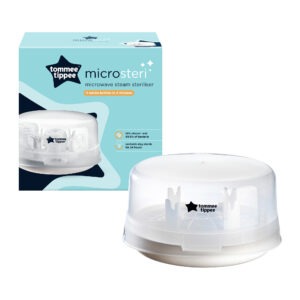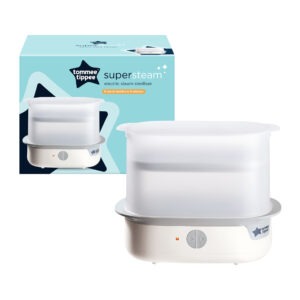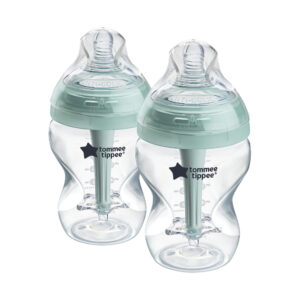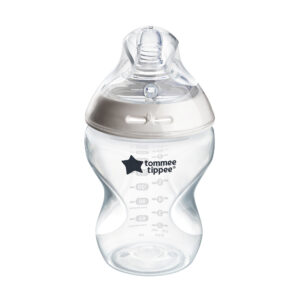Newborn & Baby
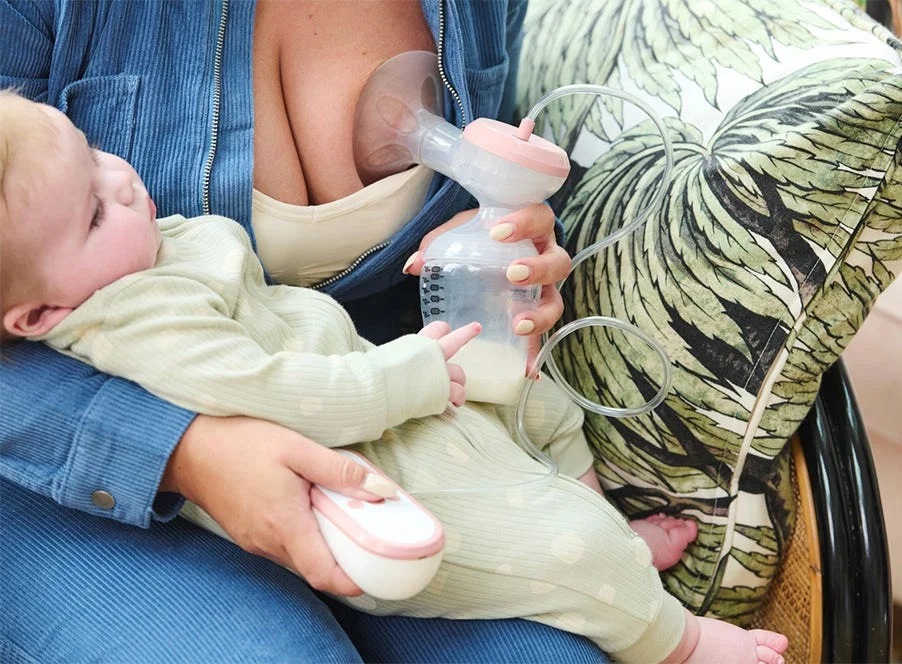
Which foods boost breast milk supply?
Which foods boost breast milk supply?

- The best foods to boost breast milk supply include dark, leafy vegetables, fennel, fresh ginger, garlic, lean meats, legumes, nuts and oats, barley and whole grains.
- Some of these are known as lactogenic foods or galactagogues, containing specific nutrients that support the production of prolactin which boost lactation.
- Foods and drinks to avoid while breastfeeding include large quantities of alcohol, caffeine and a highly processed or low-calorie diet.
Eating a balanced diet full of lots of vegetables, fruit, grains, and protein – as well as staying hydrated – is vital for everyone’s health and wellbeing. But it’s especially important when you’re breastfeeding your baby or expressing breast milk to give to them in a bottle.
When you’re exclusively breastfeeding, it’s recommended that you eat between 300 and 400 extra calories a day to increase your energy levels and make sure you’re producing milk for your baby. Breastfeeding parents are also advised to take a daily vitamin D supplement so both you and your baby’s levels are up.
While there’s no one ‘magic’ food that is scientifically proven to boost breast milk supply, some parents swear that certain foods can help to produce more breast milk. On the other hand, there are some foods and drinks that you should avoid or limit when breastfeeding.
Which foods should I avoid while breastfeeding to maintain milk supply?
Contrary to what you might think, there’s no need to avoid specific foods as it’s unlikely any will impact your milk supply. However, there are certain foods and drinks that you should consume more sparingly, including:
- Alcohol: It’s safer not to drink any alcohol while breastfeeding, but an occasional drink is unlikely to harm your baby. The NHS states that 1 or 2 units of alcohol, once or twice a week, should be fine. If possible, allow 2 to 3 hours in between drinking and breastfeeding (you should only do this after breastfeeding is well established). This allows time for the alcohol to leave your breast milk.
- Sage, parsley and peppermint: If consumed in large quantities, there’s a chance these herbs could hinder your supply, so use them sparingly.
- Caffeine: You shouldn’t drink more than 300mg per day as this could impact your baby’s sleep and hydration.
- Extremely processed or low-calorie diets: Can weaken your energy levels and milk production.
- High-mercury fish: Don’t eat more than one portion of swordfish, marlin and shark, and limit oily fish (for example, tuna, salmon, mackerel and sardines) to two portions a week.
How much water should a breastfeeding mother drink to optimise breast milk production?
Breastfeeding is thirsty work, and hydration plays a big role in maintaining a good breast milk supply.
Put simply, if you’re dehydrated, you will produce less breast milk. So, it’s important to drink plenty of fluids (water is best) throughout the day and it’s a good idea to have a drink beside you when you’re breastfeeding or expressing breast milk using a pump – in other words, drink when the baby drinks!
Are there specific vitamins and minerals that significantly impact lactation?
There are several vitamins and minerals that are effective for improving milk quality and even maternal health.
While they don’t always increase your supply, they do ensure your milk is nutrient rich. Vitamins include:
- Vitamin B12: Especially beneficial for vegans and vegetarians and is essential for your baby’s brain development.
- Vitamin D: When you’re breastfeeding, the NHS recommends a daily 10μg vitamin D supplement. It supports both yours and your baby’s bone health and is usually lacking in breast milk.
- Calcium: Fantastic for milk production and maternal bone density.
- Iron: Aids your energy levels and avoids low iron levels impacting your milk supply.
- Iodine: Supports baby’s brain and thyroid development.
- Zinc: Aids immune function and tissue repair in both you and your baby.
- Folate (Vitamin B9): Ideal for postpartum, this vitamin helps with cell repair and growth.
- Choline: A very important vitamin that supports your baby’s brain development.
If you’re struggling with maintaining your breast milk supply and not sure what breast milk enhancing foods you should be focusing on, don’t hesitate to raise your concerns with your doctor or lactation consultant. If you found this article helpful, read more on breastfeeding positions guide.
Your food can begin affecting your breast milk from as little as 1-3 hours after consuming.
While it can change the flavour of your breast milk, it’s nothing to be concerned about. Spicy foods are safe to eat while breastfeeding, and they rarely cause any fussiness in babies.
To make sure breast milk fattier, we recommend you eat more healthy fats. Foods like avocados, olive oil, nuts, seeds and fatty fish are all great examples. You should also stay well hydrated and eat enough calories.
Oats have been known to boost your breast milk supply, by increasing your prolactin levels and being rich in iron, both which support milk production.
Yes, fenugreek is a herb that’s often used in cooking, medicine and supplements, and is widely known for being a galactagogue, with some mothers noticing its effects in just a few days. However, it’s important to note that not everybody is suitable for ingesting fenugreek so you should consult your GP before taking it.
Yes, too few calories can reduce your breast milk supply. With less energy, your body can’t produce milk as effectively. Ideally, mothers should be consuming an extra 400-500 calories a day while breastfeeding.
Gradual weight loss is fine, but extreme dieting can affect breast milk supply and energy levels.
Yes, vegan diets can still ensure you produce sufficient milk, as long as it’s well-balanced and includes all the key nutrients needed, including Vitamin B12, Vitamin D and Iron.


